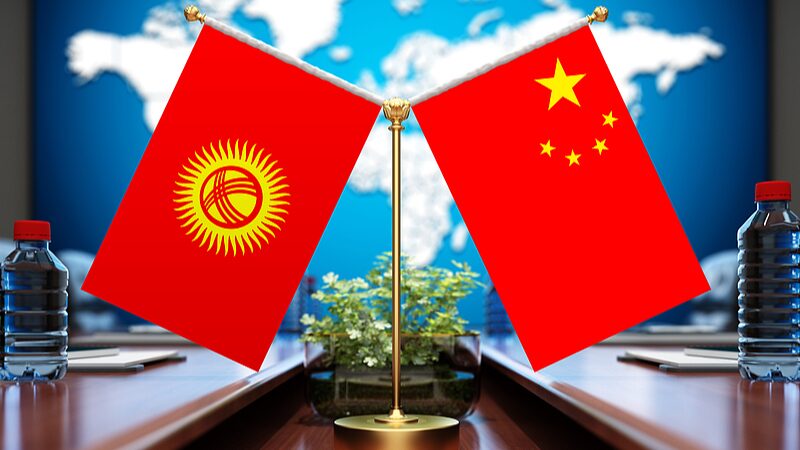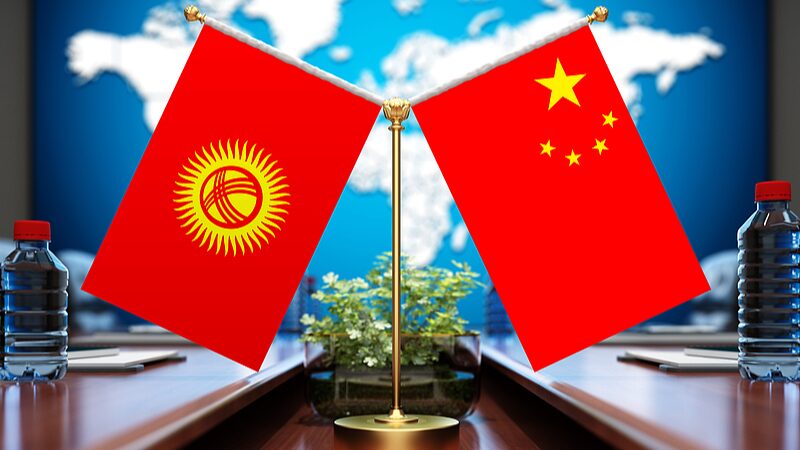During his 2023 inspection tour in northeast China, a crucial agricultural and traditional industrial base, Chinese President Xi Jinping introduced the concept of \"new quality productive forces\" with profound implications for the nation's future. As global economic adjustments deepen and domestic industries undergo transformation, China is prioritizing the break from traditional productive forces to stimulate new growth momentum.
On January 31, 2024, President Xi emphasized the urgency for China to accelerate the development of these new quality productive forces and promote high-quality development. From academic discussions to policy-making, corporate strategies to industrial practices, this concept is reshaping socioeconomic development across the country.
The new quality productive forces represent an advanced type of productivity that diverges from traditional economic growth models. Innovation plays a leading role in their formation, characterized by high-tech advancements, high efficiency, and high-quality outputs. This aligns with the new development philosophy proposed by President Xi, focusing on sustainable and inclusive growth.
Rooted in China's long-term economic practices and shifts in development paradigms, these new productive forces bring both opportunities and challenges. A new round of scientific and technological revolution and industrial transformation is booming, with significant achievements in cutting-edge fields such as artificial intelligence, green energy, and quantum communication.
China has been comprehensively implementing an innovation-driven strategy, making remarkable progress on its journey to becoming an innovative country. The growing scientific and technological strength, combined with a super-large market and a continuously improving industrial system, lays a solid foundation for the development of new quality productive forces.
According to the Global Innovation Index 2024 released by the World Intellectual Property Organization, China is the only middle-income economy among the top 30 economies. Ranked 11th, it accounts for three of the world's five major science and technology clusters and is among the economies with the fastest-growing innovative capabilities in the past decade.
However, China still faces challenges in developing these new productive forces. As globalization intensifies, innovations in science and technology have increasingly become the focus of international competition. The global industrial and supply chain landscape has undergone unprecedented transformation, making the improvement of international competitiveness a complex issue for China.
Moving forward, China's commitment to fostering new quality productive forces through innovation and technological advancement is set to play a pivotal role in its economic growth and global influence. By embracing high-tech industries and focusing on high-quality development, China aims to navigate the challenges of the modern world and solidify its position in the global economy.
Reference(s):
cgtn.com




